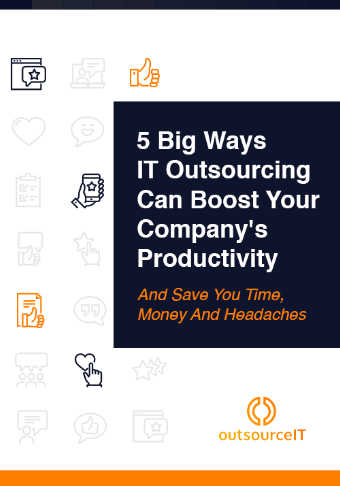Most businesses nowadays lean heavily on their social media presence to augment their marketing and advertising efforts. But social media is not without its dangers. Internet crime is on the rise, and cyberattackers are finding novel ways to exploit the growing online footprint of many companies.
That’s why at the very least, your marketing staff — particularly your social media managers — should arm themselves with the knowledge of how to keep cyberthreats at bay. Here are some of the most important social media security tips they should follow:
Use different passwords for each social media account
Using different passwords on different social media accounts is necessary to keep your accounts safe. Having the same password for all accounts will leave you vulnerable to losing access to all your social networks at once. Picture it this way: if cybercriminal manage to guess your password for one social media account, they’ll have easy access to all your social media accounts. Similarly, your other accounts will be compromised if that one password you use across all platforms is already leaked into the dark web. In other words, you’ll lose access to all of them in one fell swoop.
Moreover, there's greater risk if you use the same credentials that you use for social media with your other business-related accounts. So using the same password for your Instagram and your online bank access should be an absolute no-no.
Be careful when opening direct messages (DMs)
Many cyber attackers use the direct messaging functions of social media apps to dupe people into clicking unsafe links. These links can lead to anything from malware downloaders to keyboard sniffers that automatically copy keystrokes. And once the attackers gain access, there’s no telling the extent of the attack. Many successful cases of ransomware attacks begin with a DM sent via social media. A user may click on a seemingly innocuous link contained in the message, which actually turns out to be a malware installer that infiltrates the user's system.
It would be best to avoid responding to unknown or suspicious messages received via DM and to redirect queries and concerns to your customer service or PR team. Disabling DMs is also a smart move. Many cybercriminals use social engineering to gain access to business systems, so completely cutting out that opportunity should only serve to protect your company.
Secure the devices you use
Securing your devices is key to protecting your social media accounts from threat. By establishing your smartphone or laptop as a “trusted device”, you can ensure that only authorized users gain access to your accounts. You should also deploy two factor authentication (2FA) protocols such as SMS-based authentication or authenticator apps to give you additional security.
2FA serves as your accounts’ last line of defense by adding an extra step to verify the user's identity before allowing access to the account.
Use the block button
Lastly, don’t hesitate to block bots and trolls from your social media accounts. Many cybercriminals use social media bots to mass-post sketchy links on social media posts. These are very prevalent on Facebook and Instagram, where many people are likely to be duped by a bot account masquerading as an attractive “influencer.”
Trolls, on the other hand, are actual people actively trying to rile up your account manager into posting or replying something unprofessional. They can lead to your account gaining unwanted attention, not to mention earning a negative image that your business may not deserve. Furthermore, posts that go viral tend to attract bots that carry malware links and the like. Block the trolls to keep them from harming your business.
Successful cyber protection requires total teamwork between your staff and your IT partners. So make sure to get an IT provider that is not only highly skilled, but can also work well with your employees. Washington DC and Charlotte businesses rely on OutsourceIT for their cybersecurity needs. Contact us to learn about our services.
5 Big Ways IT Outsourcing Can Boost Your Company's Productivity!
Before you can honestly consider outsourcing IT management, you need to be 100% confident that it will solve problems and unclog bottlenecks.


